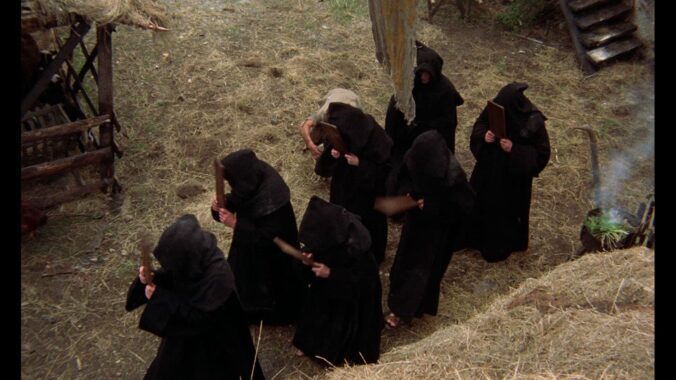There are so many “good” reasons not to write. Today I’d like to challenge those reasons and encourage you to keep going.
“If only I had… (time, money, support, etc.)”
Our egos exist to protect us. It’s safer to fantasize about being a writer than it is to try. If you never try, your ego can preserve the fantasy that “if I really put in the effort, I could,” or “if I had the support, I’d be successful.” The ego blames external circumstances: individuals, systems, mortality itself–anything to keep you from risk. Because if you try and fail, your self-esteem takes a hit. Sometimes it’s easier to suffer the pain of unfulfilled potential than it is to challenge the belief in that potential with criticism and rejection. We can thank the ego for doing its job and looking out for us, and take the risk regardless.
That’s not to say there aren’t very real obstacles that keep us from writing. Life is unpredictable. My point is to be honest with yourself–to learn the difference between the ego’s comforting (or painful) excuses, and true obstacles.
“I’ve been rejected so many times… I’m just no good.”
Maybe that’s true, but I find the alternative scarier: what if you are good enough, and you gave up too soon? What if you were ten submissions away from a “yes”? What if this book doesn’t sell, but the next one does? If you never write it, you’ll never know. When running a marathon, there are mile markers and a designated end. In writing, we don’t know how far we are from the finish line until we stumble through it. That uncertainty can be demoralizing. Maybe you even internalized the logic that submissions are a numbers game, and you learned not to take rejections personally. Knowing it logically is one thing, and experiencing it is something else. It’s hard to sustain the motivation to continue when it feels like no one wants your work.
Do it anyway. If you’ve lost faith in your work, understand that feeling is temporary. Take breaks when you need them, refill the well, then continue. Depending on your writing goals, it could take years, or even decades, to reach them. And there’s no guarantee this will pay off the way you hope. That is the uncertainty we face in all matters of life, and anything worthwhile is worth the gamble.
“The world’s on fire, no one wants my story. I’m nobody.”
People suffer around the world and in our own homes. It seems worse than it’s ever been before, and maybe this time we’re truly doomed. But I don’t believe that, and here’s why: people throughout history believed they were living in the end times, and they had compelling, logical reasons to think so. Yet we’re still here. And all of those people still made art, documenting how it felt to live through it. If you could time travel, would you tell an artist living through plague or famine not to bother painting, because their perspective isn’t important enough? A poet living through war not to bother writing, because no one’s in the mood to read it? Would you tell a musician living under an authoritarian regime not to compose that lament, because someone, somewhere else, has it worse? I don’t think you would. So don’t say these things to yourself, either.
It’s impossible to predict the future. We must accept that certain things are out of our hands and live our most authentic lives in the here and now. That means sitting down to write.
“Taking the time for myself feels selfish.”
We have responsibilities to ourselves and others that we can’t simply stop. What they say about time passing faster the older you get–it’s true. Blink and your pets, your parents, and your spouse are getting old. You want to spend time with the people you love, because who knows how long each of us has? We want to enhance our lives and provide for the people around us. How can we justify time away from loved ones for something that may never earn income? For something so trivial that may never result in anything tangible at all?
It’s not trivial. And we show up better for the people we love when we are creatively fulfilled. You may feel privileged to have a problem considered so high up on Maslow’s Hierarchy of Needs, and therefore it’s not a “real” problem, but I would argue we’ve been looking at this all wrong. The need for art is as crucial as food and shelter. Hunter gatherers dance and make music. Neolithic people lived in harsh conditions and still found time to paint stories on cave walls. This is how we remember, how we develop empathy, and how we build community. It’s impossible to know if we would have survived as a species without art, because it’s always been intrinsically with us.
You are not hurting others by taking care of yourself. You are helping them learn it’s OK to have creative projects and goals.
